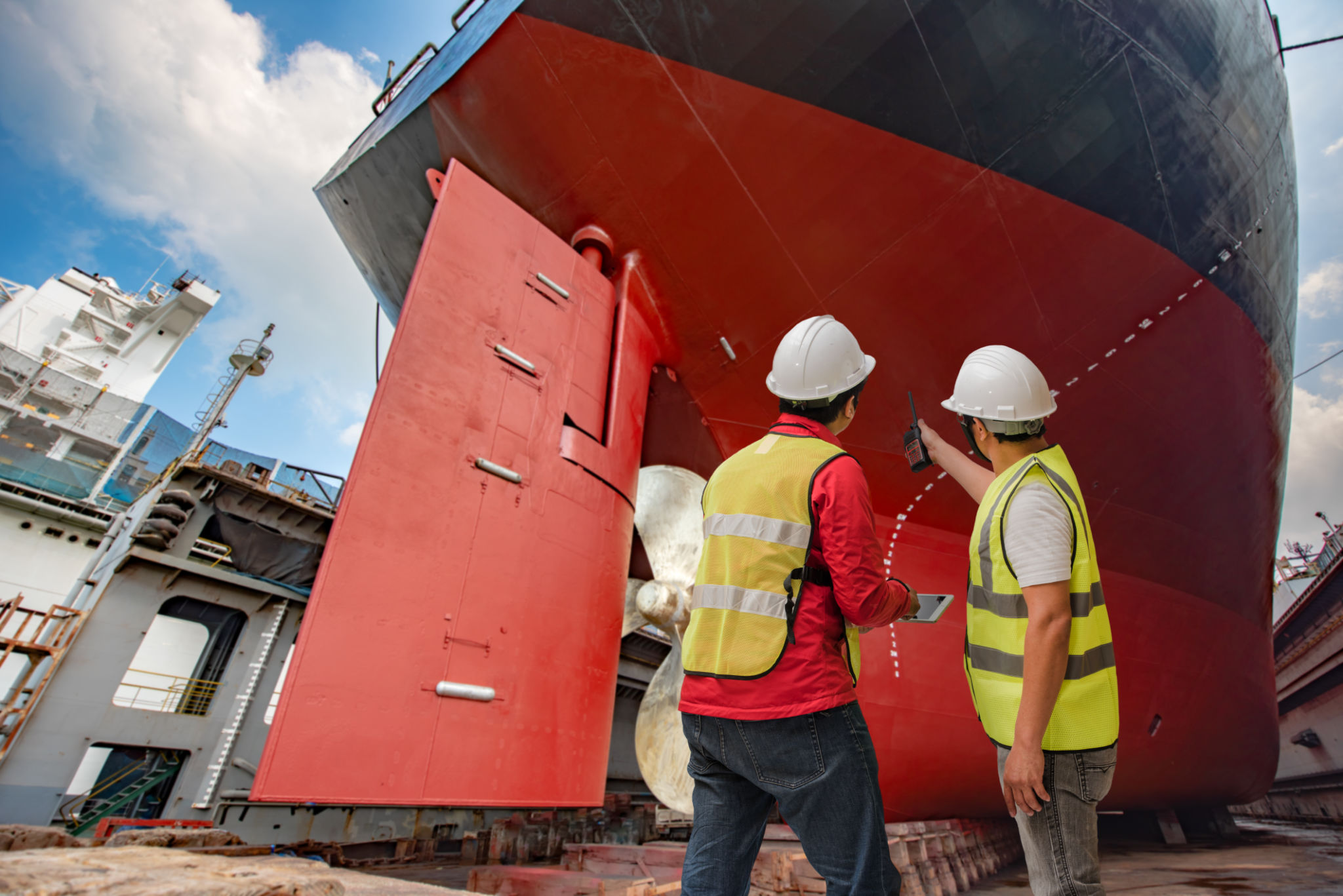Marine Application Coatings: Protecting Vessels Against Harsh Sea Conditions
Understanding Marine Application Coatings
Marine applications face some of the harshest environments on the planet. From saltwater corrosion to constant weather exposure, the conditions are relentless. This is where marine application coatings come into play, providing essential protection to ensure vessels remain seaworthy and structurally sound. These specialized coatings are designed to safeguard vessels from the intense challenges of life at sea.
Marine coatings are engineered to offer a range of benefits that go beyond simple surface protection. They help improve fuel efficiency, extend the lifespan of vessels, and reduce maintenance costs. By understanding the importance of these coatings, ship owners and operators can make informed decisions about the best solutions for their needs.

Types of Marine Coatings
There are several types of marine coatings, each serving a specific purpose. The primary categories include:
- Anti-corrosive coatings: These prevent rust and corrosion by creating a barrier between the metal surfaces of the vessel and the corrosive elements in seawater.
- Antifouling coatings: Designed to prevent the accumulation of aquatic organisms such as barnacles and algae on the hull, these coatings improve efficiency by reducing drag.
- Foul-release coatings: These offer a slick surface that makes it difficult for organisms to attach, facilitating easier cleaning.
Each type of coating is specifically formulated to address different aspects of marine life and should be selected based on the vessel's operational environment and requirements.

The Importance of Surface Preparation
Proper surface preparation is crucial for the effectiveness of marine coatings. It ensures that the coating adheres correctly and provides maximum protection. This process typically involves cleaning the surfaces to remove old paint, rust, and any contaminants that could affect adhesion. Techniques such as sandblasting or high-pressure water blasting are commonly used to achieve the desired level of cleanliness.
Investing in thorough surface preparation not only enhances the performance of the coating but also extends its lifespan. This ultimately results in fewer maintenance intervals and lower overall costs for vessel operators.

Innovations in Marine Coatings
The field of marine coatings is continually evolving, with advances in technology leading to more effective solutions. Recent innovations include environmentally friendly formulations that reduce harmful emissions and are less toxic to marine life. Some coatings now incorporate nanotechnology to enhance durability and self-healing properties, ensuring long-lasting protection even in extreme conditions.
As regulations become more stringent regarding environmental impact, these innovations are not just beneficial but necessary for compliance. Ship owners must stay informed about these advancements to ensure they choose coatings that meet both performance and regulatory standards.
Choosing the Right Coating
Selecting the right marine coating involves considering various factors such as the vessel's operational area, the type of cargo it carries, and maintenance schedules. Consulting with experts can provide valuable insights into the most suitable options based on these criteria. Additionally, conducting regular inspections and maintenance ensures that the coatings remain effective over time.
Ultimately, marine application coatings play a vital role in protecting vessels against the harsh realities of sea travel. By investing in high-quality coatings and proper maintenance, ship owners can ensure their vessels operate efficiently and sustainably for years to come.